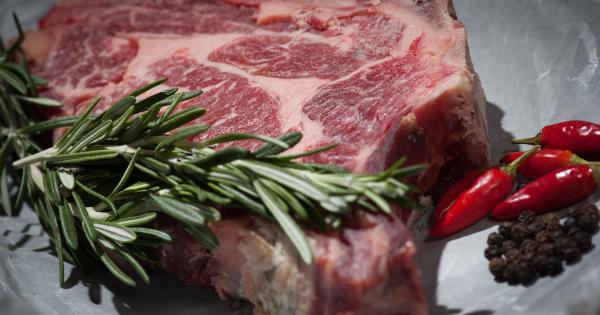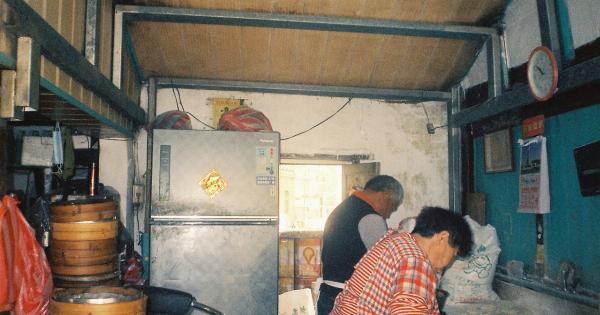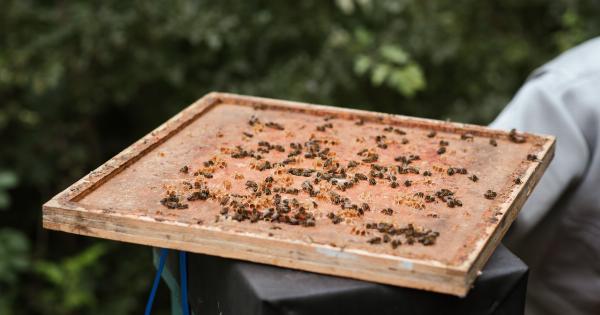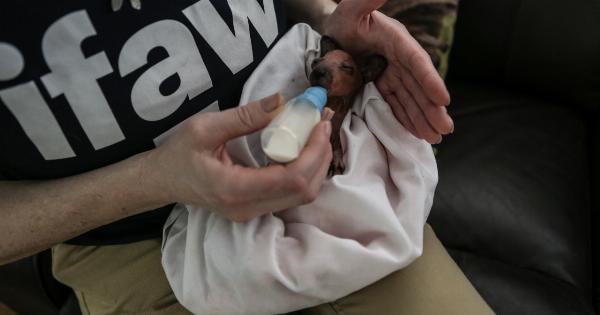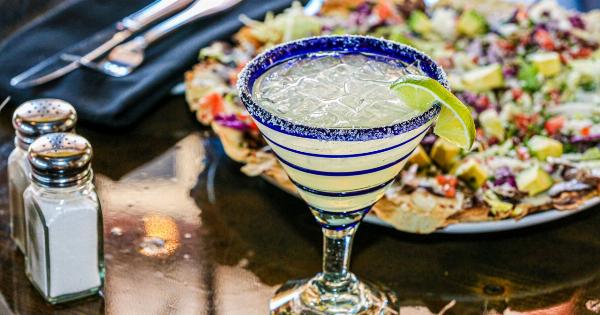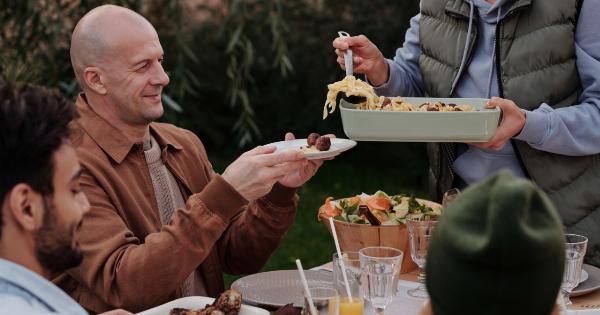Summer is the perfect time to have fun in the sun, but it also brings along the risk of food poisoning. With the warm weather, bacteria multiply faster, making it essential to take extra precautions when it comes to handling and storing food.
To help you beat the heat and stay safe this summer, here are some tips for preventing summer food poisoning.
1. Wash Your Hands
The first and most important step in preventing food poisoning is to wash your hands properly. Bacteria and other harmful microbes can easily transfer from your hands to the food you’re handling.
So, make sure to wash your hands with warm soapy water for at least 20 seconds before and after handling food.
2. Keep Raw and Cooked Foods Separate
Raw meats, poultry, and seafood can contain bacteria that can cause food poisoning. To avoid cross-contamination, it’s crucial to keep raw and cooked foods separate. Use separate cutting boards, plates, and utensils for raw and cooked items.
Also, ensure that cooked foods do not come into contact with surfaces or juices from raw meats.
3. Cook Food Thoroughly
Cooking food to the right temperature kills harmful bacteria that may be present. Use a food thermometer to check the internal temperature of your grilled meats, poultry, and seafood. The FDA recommends the following safe internal temperatures:.
- Steaks, Roasts, and Fish: 145°F (63°C)
- Pork, Ground Beef, and Lamb: 160°F (71°C)
- Poultry, including Chicken and Turkey: 165°F (74°C)
4. Chill Perishable Foods Promptly
When the temperature rises, so does the risk of bacterial growth on perishable foods. Refrigerate or freeze perishable items as soon as possible, ideally within two hours of purchase or preparation.
To help maintain a safe temperature in your refrigerator, set it to 40°F (4°C) or below.
5. Be Mindful of Picnic and Barbecue Safety
Summer is the season for outdoor picnics and barbecues, but it’s important to be mindful of food safety during these activities. Keep cold foods chilled until serving time by using coolers or ice packs.
Keep hot foods hot by using insulated containers or placing them on grills. Avoid leaving food out in the sun for extended periods.
6. Clean and Sanitize Cooking Surfaces
Before and after using cooking surfaces, such as grills and countertops, make sure to clean them thoroughly to prevent the buildup of bacteria. Scrub with hot, soapy water and use sanitizing wipes or solutions to kill any remaining germs.
7. Avoid Unpasteurized Juices and Raw Dairy Products
Unpasteurized juices and raw dairy products can harbor harmful bacteria, such as E. coli and Salmonella. It’s best to avoid consuming these products, especially during the summer when the risk of bacterial growth is higher.
Opt for pasteurized juices and dairy products instead.
8. Practice Proper Hygiene at Outdoor Events
If you’re attending outdoor events where food is served, ensure that the vendors or caterers follow proper hygiene practices. Look for food vendors who handle and serve food with gloves, use hand sanitizers, and have clean cooking areas.
If you’re unsure about the cleanliness, it’s best to avoid consuming the food.
9. Follow Food Expiration Dates
Always check the expiration dates on the packaged foods you purchase, especially those with shorter shelf lives, like deli meats and salads. Consuming expired products can increase the risk of foodborne illnesses.
10. Stay Hydrated and Practice Safe Food Handling when Camping
If you’re planning a camping trip this summer, it’s crucial to stay hydrated and practice safe food handling. Bring plenty of bottled water and use it for drinking, cooking, and cleaning.
Ensure that perishable foods are stored in coolers with ice or ice packs to maintain a safe temperature.
By following these tips, you can enjoy a safe and healthy summer without the worry of food poisoning. Remember, prevention is always better than cure when it comes to foodborne illnesses.












